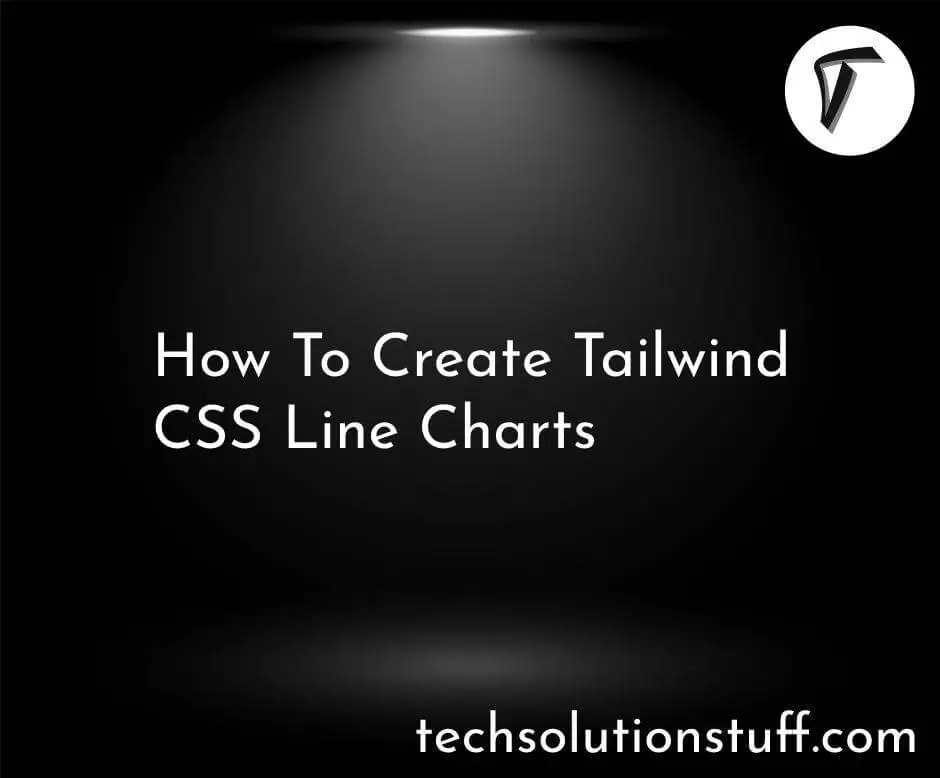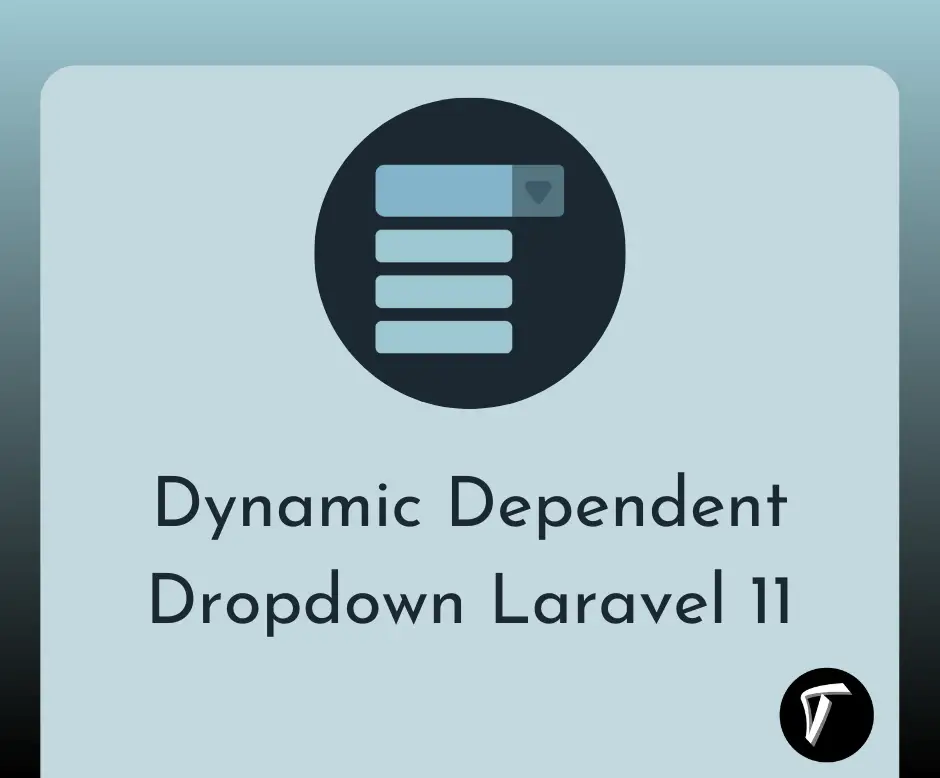How To Get Data Between Two Dates In Laravel 10
In this article, we will see how to get data between two dates in laravel 10. Here we will learn to get filter records between two dates in laravel 11. You can use a different method to get data between two dates in laravel 10 and laravel 11.
Laravel also provides a different method to filter records for a date like whereBetween(), where(), and whereDate() eloquent function.
We will use carbon for the date and time to parse the date in laravel 10/11. Carbon is a simple API extension of DateTime. Carbon makes it easy to get a Date and Time.
Also, Carbon provides multiple methods to get data like today's date, yesterday's date, and many other methods to get dates, months, and years.
So, let's see how to filter the records between two dates in laravel 10 and Laravel 11 search data between two dates, wherebetween laravel 10 and laravel 11.
In this example, we will filter records using the whereBetween() function.
<?php
namespace App\Http\Controllers;
use Illuminate\Http\Request;
use App\Models\User;
use Carbon\Carbon;
class UserController extends Controller
{
/**
* Display a listing of the resource.
*
* @return \Illuminate\Http\Response
*/
public function index(Request $request)
{
$startDate = Carbon::createFromFormat('d/m/Y', '01/04/2023');
$endDate = Carbon::createFromFormat('d/m/Y', '16/04/2023');
$users = User::select('id', 'name', 'email', 'created_at')
->whereBetween('created_at', [$startDate, $endDate])
->get();
dd($users);
}
}
In this example, we will get data between two dates using the where() function.
<?php
namespace App\Http\Controllers;
use Illuminate\Http\Request;
use App\Models\User;
use Carbon\Carbon;
class UserController extends Controller
{
/**
* Display a listing of the resource.
*
* @return \Illuminate\Http\Response
*/
public function index(Request $request)
{
$startDate = Carbon::createFromFormat('d/m/Y', '01/04/2023');
$endDate = Carbon::createFromFormat('d/m/Y', '16/04/2023');
$users = User::select('id', 'name', 'email', 'created_at')
->where('created_at', '>=', $startDate)
->where('created_at', '<=', $endDate)
->get();
dd($users);
}
}
In this example, we will use the whereDate() function and get the data between two dates.
<?php
namespace App\Http\Controllers;
use Illuminate\Http\Request;
use App\Models\User;
use Carbon\Carbon;
class UserController extends Controller
{
/**
* Display a listing of the resource.
*
* @return \Illuminate\Http\Response
*/
public function index(Request $request)
{
$startDate = '01/04/2023';
$endDate = '16/04/2023';
$users = User::select('id', 'name', 'email', 'is_trial_subscription')
->whereDate('is_trial_subscription', '>=', $startDate)
->whereDate('is_trial_subscription', '<=', $endDate)
->get();
dd($users);
}
}
You might also like:
- Read Also: How To Export CSV Data With Date Range Filter PHP
- Read Also: How To Get Current Date And Time In Node.js
- Read Also: Bootstrap 5 Datepicker Using jQuery UI
- Read Also: Vue JS Get Current Date And Time








